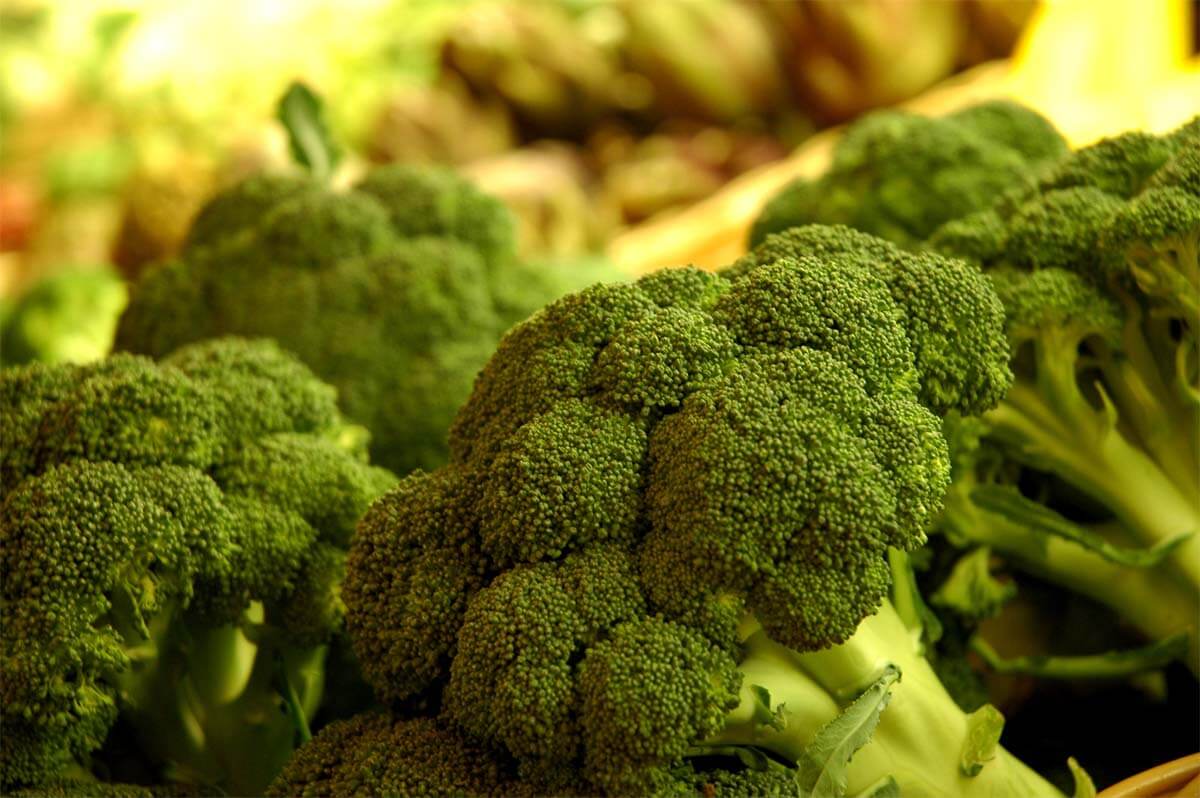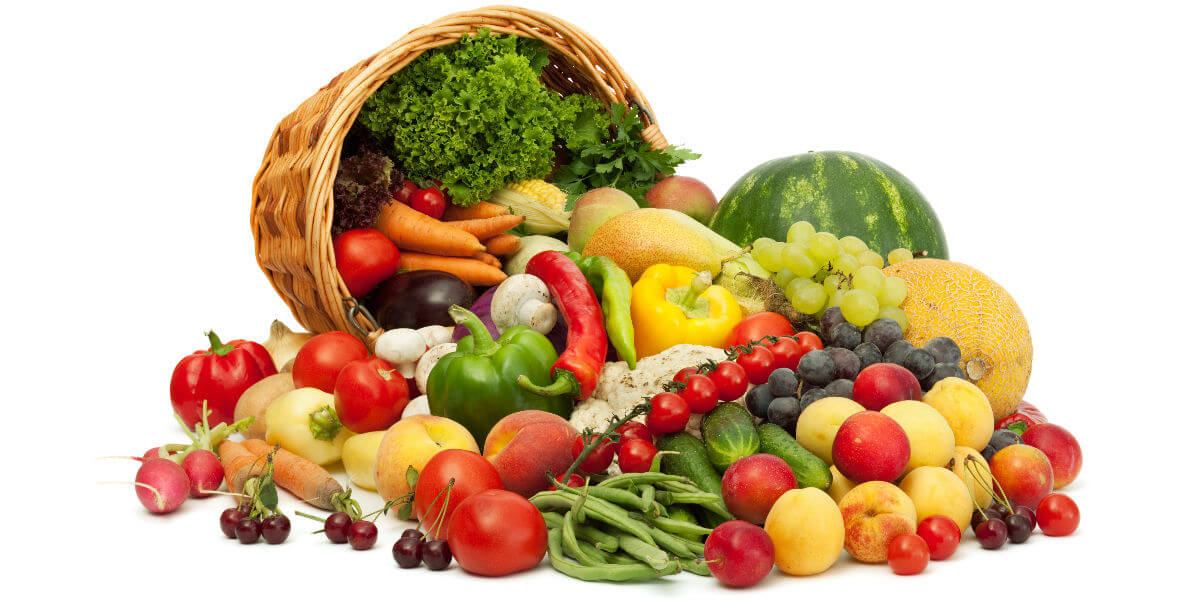Medically reviewed by Shanmukha Priya, M.Phil and Ph.D. in Food Science and Nutrition
Do plants contain some kind of magical healing substances? Maybe!
Here’s a brief on the role of phytochemicals in health promotion and disease prevention.
What are phytochemicals?
Phytochemicals simply mean compounds derived from plants. Animal-derived food products and refined food items are devoid of them.
Many of the health guidelines suggest ample servings of whole-grains, fruits and vegetables be included in the daily diet.
This not only ensures the requisite vitamin and mineral consumption but also provides phytochemical.

Phytochemicals are complex substances that vary from plant to plant.
They include pigments, antioxidants, flavonoids, anthocyanins, carotenoids and sulphides to name a few.
More than 4,000 have been identified by researchers, however, only about 150 have been studied in depth.
Did you know?
that an orange contains at least 170 distinct phytochemicals!
What are the health benefits of phytochemicals?
It has long been hypothesized that these are responsible for much of the disease protection aspect of diets rich in fruits, vegetables, pulses, cereals, and plant-based beverages such as tea and wine.
So, how these improve our health and well-being? So far we have been able to understand this much:
1. Free radicals are constantly produced by our body as a by-product of many processes, and over time, the free radicals can damage our cells and DNA (genetic material).
This may set the stage for cancer. Most of these help to scavenge the harmful free radicals in our body and thus help to reduce the risk of some types of cancer.
2. Carotenoids like lutein and zeaxanthin (found in dark-green leafy vegetables, corn and egg yolks) decrease the incidence of macular degeneration, which leads to blindness in the aged population.
3. Phytochemical also shield us from heart-related diseases by lowering the levels of LDL (bad) cholesterol.
What about phytochemical supplements?

The recommended intake of phytochemicals has not yet been defined.
In fact, the long-term outcomes of pharmacological doses of phytochemicals on human health are not well understood.
Thus, supplementation of phytochemical is not recommended.
Furthermore, these appear to act in synergy, therefore, an isolated chemical may not prove to be beneficial.
So it’s best if we consume a balanced diet, rich in a variety of fruits, vegetables, and whole grain foods to optimize our health.
